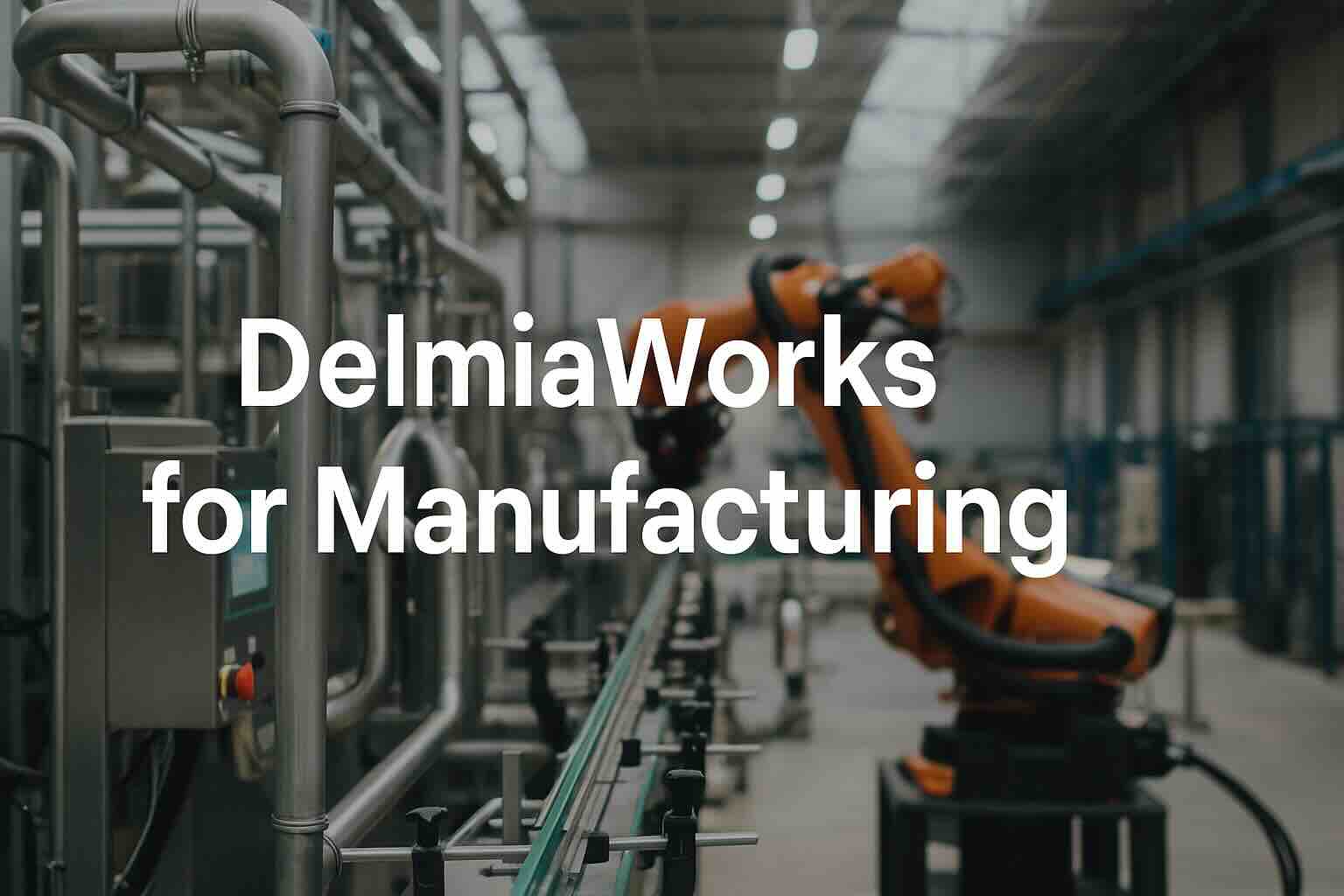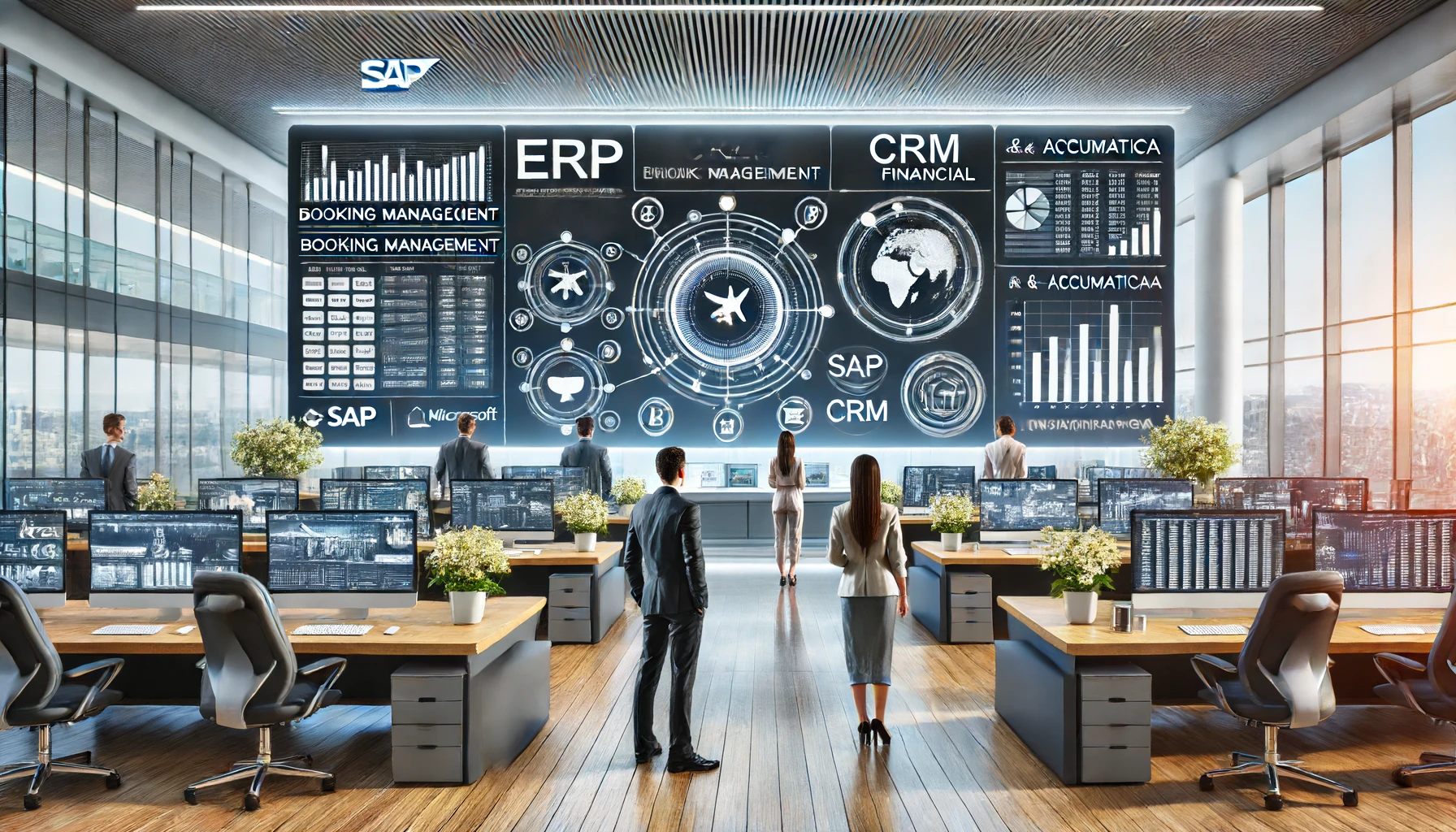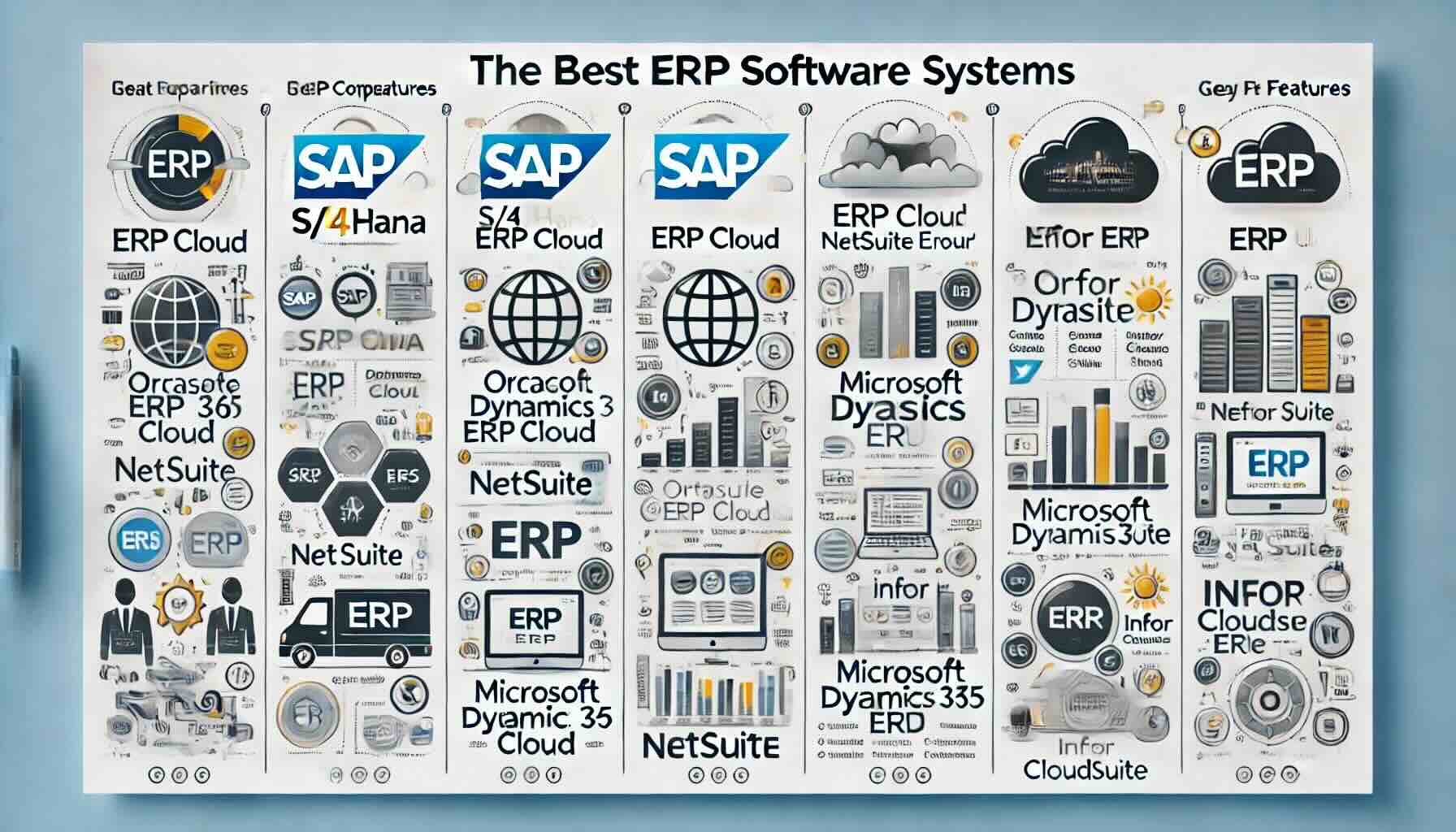DelmiaWorks for Manufacturing: Strengths, Weaknesses, and 2025 Outlook

Manufacturers today face constant pressure to deliver more, faster, and with fewer resources. To meet these demands, many are turning to integrated systems that connect engineering, production, quality, and supply chain in one platform. DelmiaWorks for manufacturing (formerly IQMS), now part of Dassault Systèmes’ DELMIA portfolio, is one of the leading ERP+MES solutions designed to do just that.
This article looks at the current strengths and weaknesses of DelmiaWorks for manufacturing to help you decide whether it’s the right fit for your plant.
Strengths of DelmiaWorks for Manufacturing
Purpose-Built, Comprehensive Modules
DelmiaWorks provides a wide set of modules designed specifically for manufacturers, including production planning, MES (manufacturing execution), inventory and warehouse control, quality management, supply-chain tracking and more. This end-to-end approach helps manage the entire lifecycle from procurement to production to shipping without needing bolt-ons.
Real-Time Visibility and Analytics
The system’s built-in MES and reporting tools give near real-time insight into shop-floor performance, inventory levels and supply-chain activities. For many plants this translates into faster, data-driven decisions and less downtime.
Integration with Dassault and Third-Party Tools
As part of Dassault Systèmes, DelmiaWorks integrates tightly with SOLIDWORKS CAD, DELMIA CAM and PLM solutions. It also supports financial and CRM integrations to unify workflows across engineering, production and customer service.
Deployment Flexibility
You can deploy DelmiaWorks either on-premise or in the cloud, which gives mid-sized and larger manufacturers more control over IT strategy and global rollout.
Customisation and Flexibility
The platform is customisable to support unique workflows, label requirements and reporting needs. This flexibility makes it easier to tailor DelmiaWorks for manufacturing processes across different industries, from plastics and automotive to food and medical devices.
Weaknesses and Challenges to Consider
Implementation Cost and Complexity
Like most robust ERP systems, DelmiaWorks requires significant investment up front. Licensing, shop-floor terminals, customisations and integration projects can be costly, especially for small manufacturers. Implementation also demands careful planning and resources, and many companies engage external consultants to speed up rollout.
Training and Learning Curve
Although the interface has improved, several modules, particularly reporting and financials, still require training to use effectively. Budget time and resources for onboarding staff.
Customisation Trade-Offs
While the platform is flexible, deeper customisations (complex reports, special workflows or integrations outside the Dassault ecosystem) often require vendor assistance, which can lengthen timelines and add cost.
Mixed User Experience Across Modules
Users generally find core manufacturing and quality modules intuitive, but some areas, like accounting or advanced analytics, receive more mixed reviews. Evaluate each module carefully to ensure it meets your expectations.
Scalability in Very Large Environments
DelmiaWorks now supports multi-site and global deployments, but very large enterprises with thousands of concurrent users may still need architectural planning or additional infrastructure to maintain performance.
Conclusion: Is DelmiaWorks Right for Your Plant?
DelmiaWorks for manufacturing has evolved into a powerful ERP + MES platform purpose-built for mid-sized and growing manufacturers. Its strengths, comprehensive functionality, real-time visibility, tight CAD/MES integration, flexible deployment and industry-specific modules, make it an attractive choice if you want a single system to run your plant.
However, high implementation costs, the need for training and potential complexity in customisation remain real considerations. Very large manufacturers may also need to plan scalability carefully.
If you’re evaluating ERP systems, weigh DelmiaWorks’ manufacturing strengths against these challenges and your own budget, size and operational requirements. Done right, it can be a cornerstone technology that drives efficiency and competitive advantage on the shop floor. To find out more about DelmiaWorks you can visit this link.
Next Step: Compare ERP Solutions Free
Implementing the right ERP system could be the game-changer your business needs. With our AI-powered Compare ERP tool, you can effortlessly explore and compare solutions tailored to your unique business needs. Our advanced engine analyses millions of data points across 100+ ERP solutions, delivering your top three picks based on your priorities. Best of all, it’s completely free.
Take the first step toward streamlining operations and boosting productivity and start comparing ERP solutions today!









